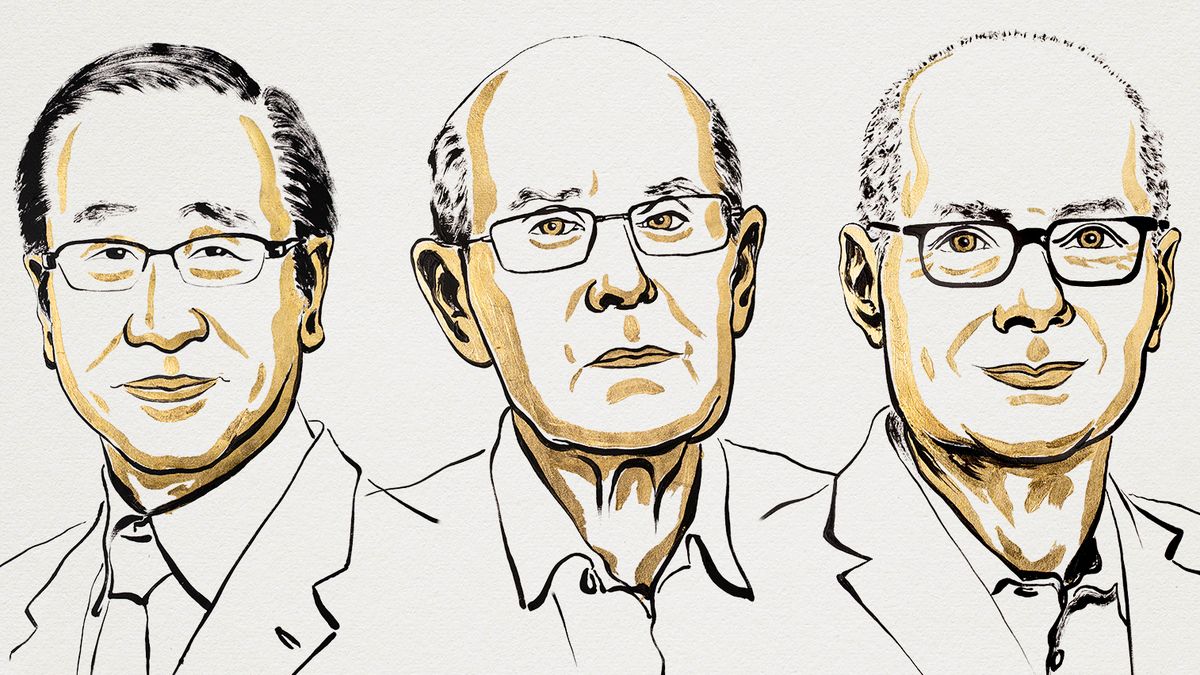When Americans rejoice in the misfortune of others, they speak of “schadenfreude” as a matter of course. Did you know that the animated series “Simpsons” contributed to this? In an episode that aired in October 1991, Homer once again took delight in seeing his neighbor Ned Flanders fail. His daughter Lisa then explains to him that there is an extra expression in German for this feeling, namely Schadenfreude. Homer is enthusiastic: “Boy, boy, these Germans have a word for everything.” After the “Simpsons” episode was broadcast, the written use of the word increased in the USA and is now ubiquitous in English-language media, writes Matthias Heine in his book “Words that emigrated – from Germany to the whole world”.
Work becomes “arubaito”
In addition to Schadenfreude, the Americans have included a whole range of German terms in their vocabulary, including the classics Wanderlust, sauerkraut or kindergarten. But our language is not only popular in English. In Tanzania, a former German colony, “school” in Swahili “shule”, one part-time-job is called “arubaito” in Japan and in Russia you bring your letter to the “potschtamt”. More recently, the Swede developed “sensitivity” and Russians get into “time pressure“. If they have traveled across borders and never left, the words that have emigrated may even sound a little nicer than they do here – for example when in Cameroon the “tosilam” (from “flashlight“) is switched on, or when a British climber slowly slides down the rock face while “abseiling”.
What is special about our language
Why is our language so popular? According to the Society for German Language, a special feature of German is the possibility of composing a word from several other words. That is not possible in many languages of the world. Therefore, Germanisms would be used to fill in designation gaps. That shows the example with the “Simpsons”.
“Once a word has been in a language for a hundred years, one can assume that it will remain in some form,” says the linguist and journalist Matthias Heine. Merchants brought German expressions to other countries as early as the late Middle Ages. According to Heine, the terms spread through trade, colonialism and wars, but also through the temporarily prominent role of German culture and science. “The chemical vocabulary is the most common.” German chemistry was world leaders in the late 19th century and for a long time afterwards. That is why the word “zinc” is found not only in English and French (“zinc”) or in Italian (“zinco”), but also in Chinese (“xin”), for example.
Speaking of words: The Society for Austrian German (GSÖD) is again looking for Austrian Word or nonsense of the year 2022, about the successor to “shadow chancellor” and “lateral thinker”. More about this here:
“English is very receptive”
According to the German federal government, 130 million people worldwide speak German as their mother tongue or second language. Around 15.4 million learned it as a foreign language (as of 2020). In the European Union, German is the most widely spoken foreign language after English.
The author estimates that most of the words that emigrated from Germany could be found in English. Both territories maintained intensive cultural relations in the 19th century. “Basically, English is a very receptive language.”
Source: Nachrichten




